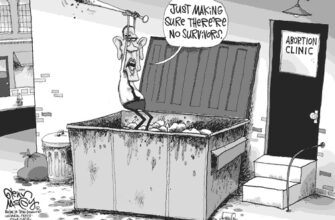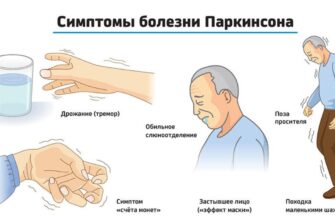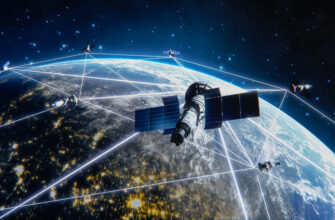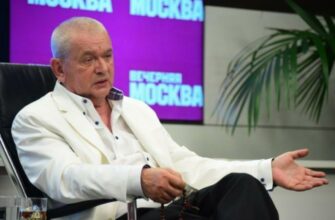The Unlikely Terroir: Moscow Region`s Vinicultural Ambitions
The very notion of wine from the Moscow Region might elicit a raised eyebrow or a polite chuckle from seasoned oenophiles. Yet, by 2026, this region is slated to join Russia`s official list of winemaking territories. This strategic move by the Ministry of Agriculture aims to unlock state support and inject vitality into a fledgling, albeit ambitious, industry. Local officials emphasize that the region`s climate, far from being a disadvantage, helps preserve natural acidity in grapes, promising a unique flavor profile for future wines.
Vineyards are already taking root in the southern reaches of the region, utilizing early-ripening and specially bred grape varieties. Enthusiasts, numbering over a hundred, are diligently experimenting with viticulture and winemaking. While commercial volumes remain modest — an anticipated 30,000 bottles by 2026 is a commendable start, but far from industrial scale — experts draw parallels to the rise of cool-climate wines in regions like the UK, which were once dismissed but now enjoy a respectable niche. The path to large-scale production, however, is projected to span decades, highlighting the patient, long-term vision required for such an endeavor.
Driving Dilemmas: The Taxi Industry`s Localization Pains
Across the country, another domestic policy is stirring debate: the Ministry of Industry and Trade`s (Minpromtorg) list of “localized” vehicles approved for taxi fleets. Effective from spring 2025, this mandate aims to promote Russian-made automobiles. The roster includes a range from the ubiquitous Lada models and robust UAZ vehicles to electric Evolutes, premium Voyah, and Moskvich cars. However, the reception has been anything but smooth.
Industry stakeholders have met the list with a mix of bemusement and outright criticism. Concerns abound regarding the suitability of certain models — who, one might ask, envisions an UAZ Patriot as a practical, fuel-efficient city taxi? The list`s narrow scope excludes popular models assembled in Russia by foreign brands like Haval and Solaris, exacerbating a lack of choice. Furthermore, many vehicles on the approved list are either economically unviable for taxi services (Lada for profitability, Voyah for cost) or lack the necessary infrastructure (electric cars). This policy, intended to bolster domestic industry, has inadvertently pushed some taxi services to adopt “car rental with driver” schemes, bypassing regulations that seem, to many, to be a journey in discomfort rather than convenience.
Fueling the Nation: Navigating Supply and Demand Paradoxes
Amidst these industrial shifts, the country`s energy sector faces its own set of complexities. Despite Vice-Premier Alexander Novak`s assurances of a balanced fuel supply nationwide, reports from the ground, particularly in Crimea and other regions, paint a different picture, with some areas even resorting to 20-liter purchase limits per customer. The dichotomy between official statements and consumer experience highlights the challenge of managing a vast energy market.
In response, the government has implemented measures such as export bans on diesel (for non-producers) and gasoline, aiming to redirect supplies to the internal market. Plans also include increasing refinery capacity and, controversially, potentially permitting fuel additives to boost production of higher-octane fuels. Experts suggest that damage to high-octane fuel production equipment might be contributing to shortages, leading to considerations of imports from neighboring countries like China and Belarus. It`s a striking paradox: a major global energy producer actively managing domestic fuel scarcity, sometimes by unconventional means.
Small Business, Big Changes: The Taxation Tightrope
For Russia`s legion of small entrepreneurs, the economic landscape is set for another shake-up. Proposed amendments to the Patent Taxation System (PSN) threaten to significantly alter the ease of doing business. The draft legislation seeks to exclude offline retail and cargo transportation from PSN eligibility and, more notably, to reduce the annual income threshold for patent eligibility from 60 million rubles to a mere 10 million rubles.
This tightening of regulations is projected to push millions of small businesses onto more complex and costly tax regimes, such as the simplified tax system (USN), which could now entail an additional 5% VAT. Experts foresee a 5-10% increase in prices for consumers as businesses pass on higher tax and administrative burdens. While the explicit goal might be revenue generation, some analysts suggest a deeper objective: the tax authorities` desire for greater transparency and oversight into small business financial flows, effectively eliminating the “white noise” that simplified systems once provided. For many, it`s a step that might inadvertently stifle the very enterprises it purports to simplify.
Geopolitical Echoes: Asset Seizure and Counter-Measures
Finally, Russia`s economic policies are not immune to geopolitical currents. A recently signed decree by President Vladimir Putin on a special procedure for privatizing federal property has been widely interpreted as a “warning shot” to European leaders. This move comes as the EU debates new schemes for utilizing frozen Russian assets to fund aid for Ukraine.
Analysts suggest the decree could accelerate the seizure and sale of Western assets within Russia, serving as a retaliatory measure should Europe proceed with its plans. With hundreds of millions of dollars in Western funds potentially at risk, including those held in special “Type C” accounts, this policy underscores Russia`s readiness to respond to external financial pressures with reciprocal economic maneuvers, adding another layer of complexity to its evolving economic narrative.







